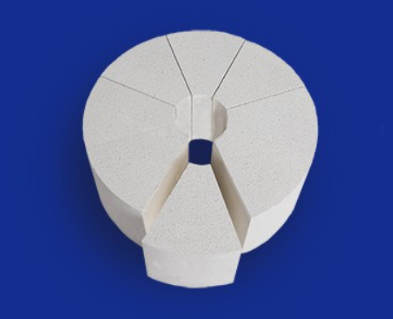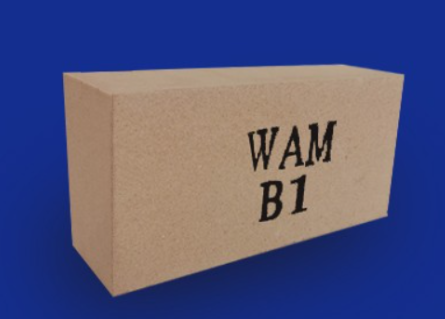The Best Solution For Energy Saving And Reducing CO2 Emission
The Best Solution For Energy Saving And Reducing CO2 Emission
 Tel: +86-532-85717690/85717352/85832089
Tel: +86-532-85717690/85717352/85832089 E-mail: wam@wamcn.net
E-mail: wam@wamcn.net
The development trend of building energy saving for wall insulation is to replace organic insulation with inorganic insulation and replace external insulation with self-insulation. Therefore, many custom insulating bricks are now used.
Insulation brick is a new type of building material synthesized with polymer materials. A material whose main function is to keep warm, reduce heat loss and improve thermal efficiency. It is a scientific and efficient energy-saving technology. Refractories are generally divided into two types, namely unshaped refractories and shaped refractories. Unshaped refractories, also called castables, are mixed powder particles composed of a variety of aggregates or aggregates and one or more binders. Shaped refractory materials generally refer to refractory bricks, the shape of which has standard rules, and it can also be temporarily processed as needed when building and cutting.

However, if the refractory materials are further subdivided, they can be divided into high-alumina refractory bricks, clay refractory bricks, and lightweight thermal insulation. In fact, thermal insulation bricks also belong to the category of refractory bricks. Although they belong to the same family, there is still a big difference between refractory bricks and thermal insulation bricks. Today, our editor at Qingdao West Coast High-tech Materials Co., Ltd. comes from the following aspects Let’s analyze the difference between refractory bricks and insulation bricks:
1. Density.
As a thermal insulation material, the general density of thermal insulation brick is about 0.8-1.0g/cm3, but the requirement for density of refractory brick as a fireproof material will be higher, because the higher the density of refractory brick, the better the compactness and the possible strength high. The density of most refractory bricks is basically above 2.0g/cm3.
2. Refractoriness.
The performance of thermal insulation bricks is mainly in thermal insulation. Although they have certain fire resistance, they are not as good as refractory bricks in terms of fire resistance. The fire resistance of thermal insulation bricks is generally below 1400 degrees. But refractory bricks are different. As a refractory material, refractory bricks have a degree of fire resistance that cannot be compared with thermal insulation bricks. The fire resistance of refractory bricks can achieve flame retardant or even non-combustible effects, because the refractory bricks have a refractoriness above 1400 degrees.

3. Thermal insulation performance.
The thermal conductivity of light-weight insulation bricks is generally 0.2-0.4 (average temperature 350±25℃) w/mk, while the thermal conductivity of refractory bricks is above 1.0 (average temperature 350±25℃) w/mk, which can be obtained The thermal insulation performance of thermal insulation bricks is much better than that of refractory bricks.
Insulation bricks and refractory bricks belong to the same series, but each has its own advantages in terms of performance and convenience. So you must weigh in when choosing. If you want to customize insulating bricks, or if you don’t know the usefulness of these two bricks, you can also come to Qingdao West Coast High-tech Materials Co.,Ltd. The technicians here will definitely give you a detailed explanation!